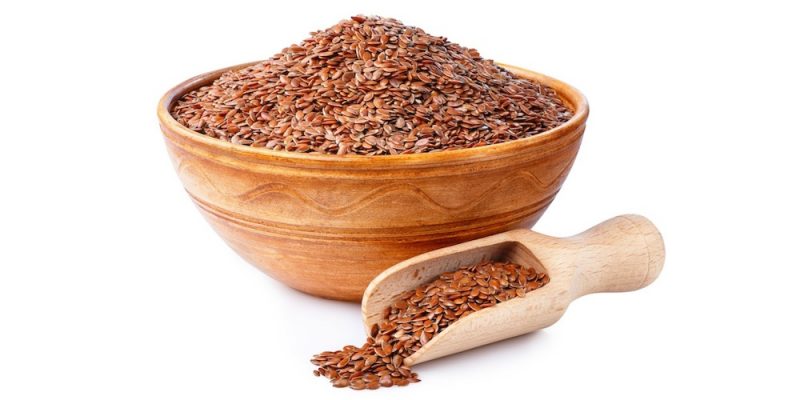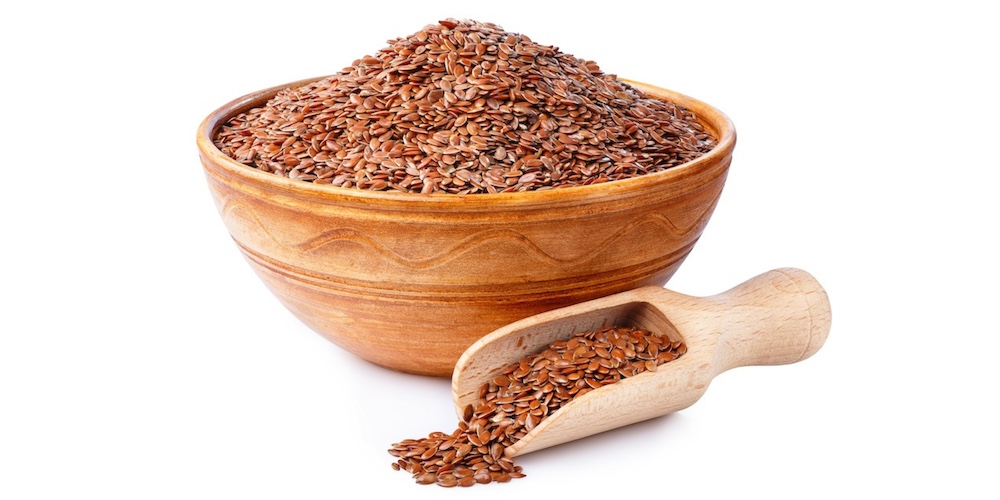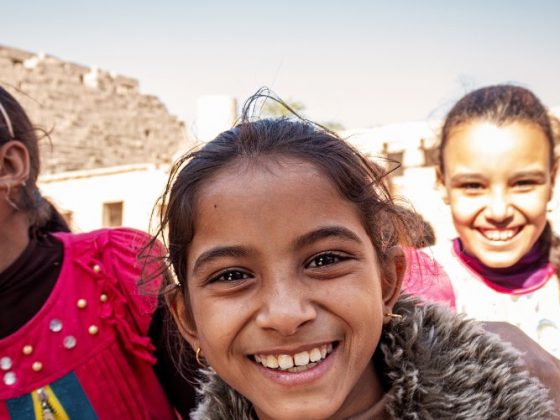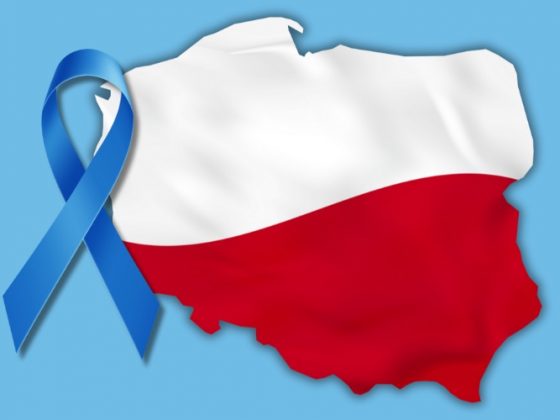Components of flaxseed may help to prevent the development of breast cancer. The mouse study, published in Microbiology Spectrum, 7 December 2023, uncovers a novel link between flaxseed consumption in the diet, the gut microbiota and microRNAs in the breast responsible for regulating expression of genes related to breast cancer.
“We found that flaxseed alters the expression of microRNAs in the mammary gland at the end of puberty, including key microRNAs targeting breast cancer pathways that are related with members of the gut microbiota and that may serve as biomarkers or novel targets to mitigate the risk of breast cancer in adulthood,” says Elena Comelli, the corresponding author, from the University of Toronto. The study, write the authors, provides ‘foundational knowledge’ to explore the effects of early life interventions and mechanisms for programming breast health. “If these findings are confirmed, the microbiota could become a new target to prevent breast cancer through dietary intervention,” Comelli tells Cancerworld.
Originating from the flax plant, flaxseed contains lignans, fibre, protein, and oil. Flaxseed is known to be the richest dietary source of the lignan secoisolariciresinol diglucoside, which is converted via the gut microbiota into the enterolignans enterodiol and enterolactone, two phyto-oestrogens thought to have protective effects in postmenopausal breast cancer, altering proliferation and apoptotic biomarkers. Flaxseed oil is among the highest plant-based sources of alpha-linolenic acid, which has been shown to delay mammary tumour onset and reduce tumour growth and proliferation. “Thus, breast anticancer properties of flaxseed may be the results of the combined action of its components in the whole food, or the single components may act independently,” write the authors.
For the current study, the investigators focused on the cecum, the first part of the colon, located in the right lower abdomen near the appendix, which houses fermenting bacteria. They explored the effect of dietary components of flaxseed on microRNAs in the breast – short, non-coding RNAs that are epigenetic regulators of transcription, and by extension translation, believed to regulate up to 90% of all genes.
To determine whether the relationship between the microbiota and mammary gland microRNAs can be manipulated to reduce the risk of breast cancer, the researchers fed different components of flaxseed to female mice. For the study, three-week-old mice were divided into four groups, receiving either a control basal diet, or the same isocaloric diet modified to contain flaxseed, or its corresponding amount of the lignan secoisolariciresinol diglucoside, or its corresponding amount of the oil alpha-linolenic acid. “It was really important that the diets were isocaloric and that amounts of flaxseed oil or flaxseed lignans equals their respective amount in the flaxseed,” explains Comelli. Mice in the flaxseed oil group received the same amount of flaxseed oil as those in the flaxseed group (but no lignan). Similarly, mice in the lignan group received the same amount of flaxseed lignan (secoisolariciresinol diglucoside) as those in the flaxseed group (but no oil [alpha-linolenic acid]).
For the current study, investigators utilised data obtained in two earlier studies undertaken by the group. The first study explored the abundance of different microbial taxa in the cecal gut of the mice using 16SrNA sequencing; while the second used NanoString technology to assess expression of hundreds of microRNAs in the breast. Then in the current study, taking a computational approach, they brought the two together with Spearman correlations to explore the relationship between the two earlier data sets for each of the four dietary groups.
Results showed that the microbiota and mammary gland microRNA are related, and that dietary flaxseed can modify the relationship towards anti-oncogenic phenotypes.
However, alpha-linolenic-rich oil and secoisolariciresinol diglucoside microRNAs were found to be involved in different pathways, with neither component alone able to reproduce the effects of whole flaxseed. “Our results show that flaxseed as a whole food, and its oil and lignans, have both shared and different effects and are not interchangeable,” says Comelli, adding that flaxseed provides maximum benefit to the mammary gland when consumed as a whole food.
When the team used bioinformatics and PCR to quantify the expression of genes in the mammary gland, they found that flaxseed diets altered microbiota-messenger RNA relationships targeting pathways related to the PI3K-Akt-mTOR pathway and the Runx2 gene, previously found to be related to breast cancer.
Finally, to investigate whether the microRNAs and gene targets predicted are relevant in human cancer, they used data from The Cancer Genome Atlas (TCGA) to determine which microRNAs and genes are altered in patients with breast cancer versus healthy controls, and then compared them to the mouse results. Of the 161 genes involved in pathway differences between mice fed the basal diet and flaxseed, 129 (80%) were found to be differentially expressed in patients with breast cancer compared to controls. Of the 44 microRNAs involved in pathway differences between mice fed the basal diet and flaxseed, 31 (70%) were found to be differentially expressed in patients with breast cancer compared to controls.
“Overall, this study showed the cecal gut microbiota is related to mammary gland miRNAs [microRNAs] and consumption of flaxseed may modulate mammary gland development pathways which may reduce breast cancer risk in later life,” conclude the authors. The study, they add, paves the way for further exploration into how dietary modifications could potentially serve as preventive measures against breast cancer. “This may provide novel guidance for functional food interventions,” write the authors.
The investigators are currently studying the flaxseed hull, which is known to be enriched with lignans, to explore whether this enhances the response in mouse breast cancer models. The relationships between microRNAs and the microbiota, they believe, may hold for other types of cancer. “Some of these may be shared across different types of cancers and some may be specific,” says Comelli. In the meantime, she adds, about one tablespoon of flaxseed a day may be sufficient to provide some protection against breast cancer.












